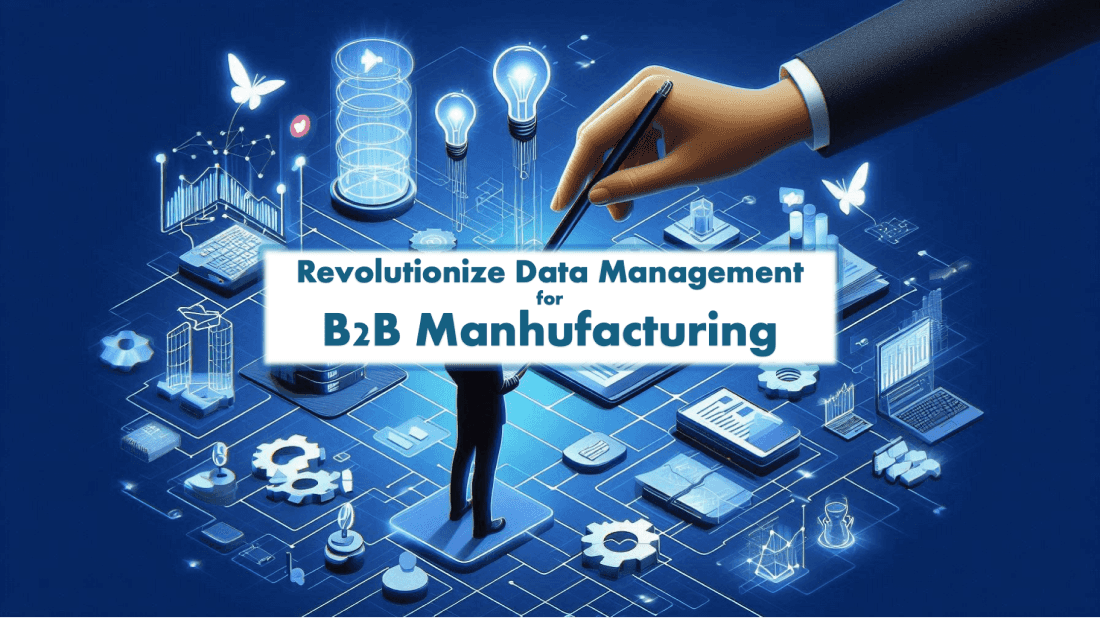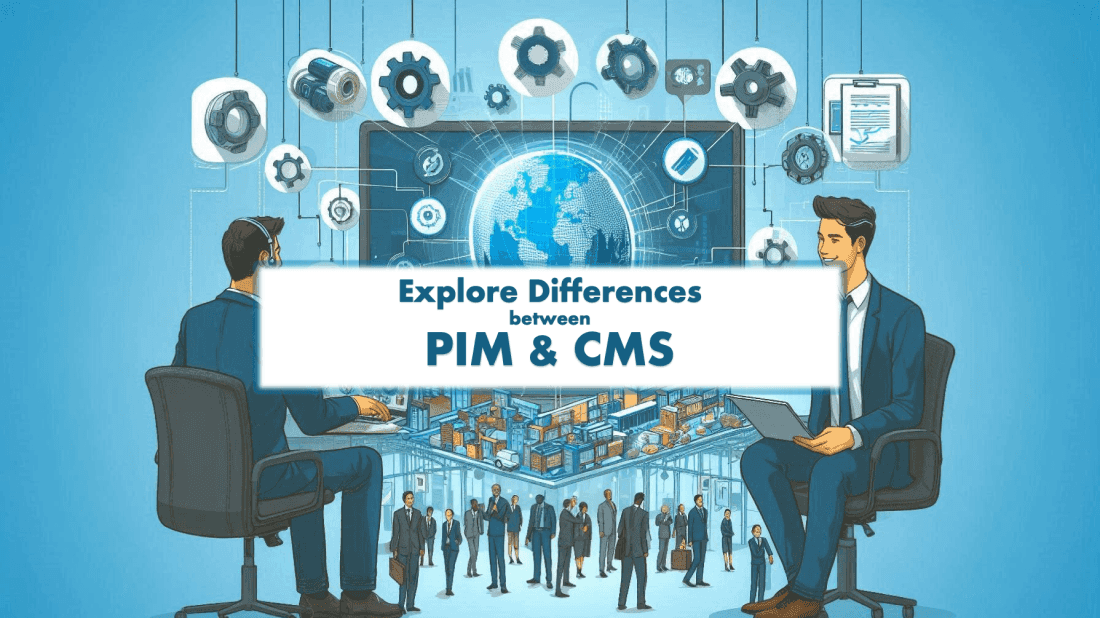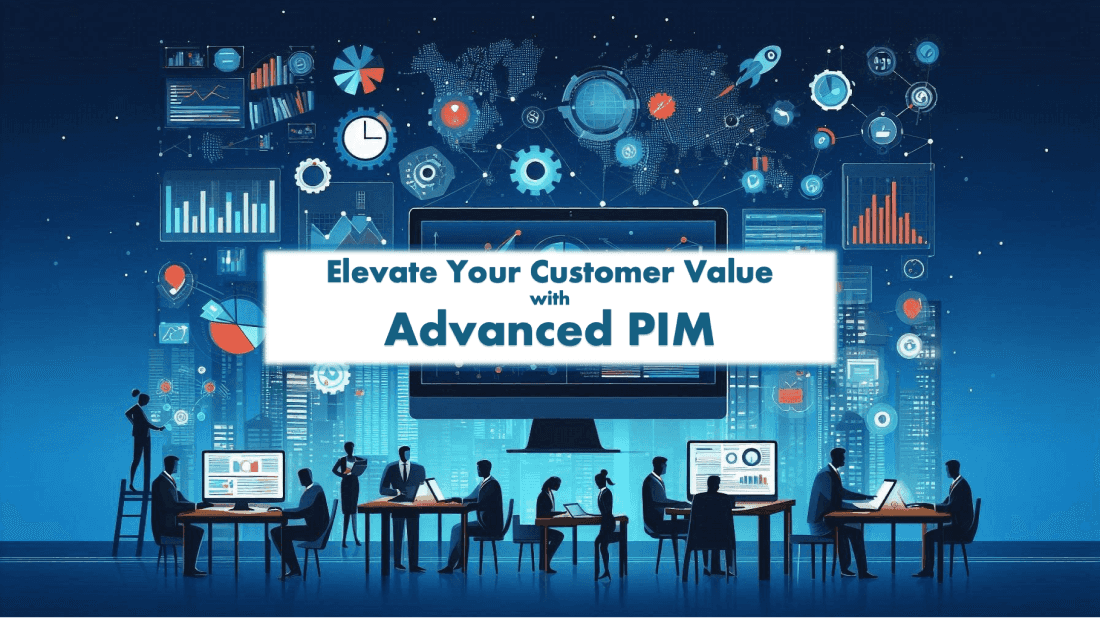Aug 21st, 2024
Emerging B2B Online Sales Trends for Manufacturers in 2024
Categories:Product Information Management SystemProduct Data Management SystemThe B2B online sales landscape for manufacturers is rapidly evolving, driven by technological advancements and changing customer expectations.
Introduction
The B2B online sales landscape for manufacturers is rapidly evolving, driven by technological advancements and changing customer expectations. As we move into 2024, it is crucial for manufacturers to stay ahead of these trends to remain competitive and meet the demands of their customers. This article explores the key B2B online sales trends for manufacturers in 2024, offering insights into how they can adapt and thrive in this dynamic environment.
Understanding the Evolving B2B Customer
B2B customers today are more informed and have higher expectations than ever before. They seek personalized experiences, seamless interactions, and efficient solutions. Unlike B2C customers, B2B buyers require detailed product information, customized pricing, and robust support throughout the purchasing process. Understanding these differences is crucial for manufacturers to tailor their strategies effectively.
Key Trends in B2B Online Sales for Manufacturers in 2024
1. Multichannel and Omnichannel Strategies
A multichannel approach remains a cornerstone of B2B sales strategies. By integrating products and services across multiple channels, manufacturers can provide consistent and relevant content regardless of where the customer begins their journey. This strategy not only improves the likelihood of a purchase but also enhances the overall customer experience. In 2024, expect more manufacturers to invest in sophisticated omnichannel strategies that unify online and offline interactions.
2. Artificial Intelligence and Automation
AI automation are transforming the B2B sales process. From chatbots providing instant customer support to AI-driven analytics offering deep insights into customer behavior, these technologies are streamlining operations and enhancing decision-making. Manufacturers are leveraging AI to personalize marketing efforts, predict sales trends, and automate repetitive tasks, thereby improving efficiency and customer satisfaction.
3. Centralization of Product Data with PIM Systems
Centralizing product data using Product Information Management (PIM) systems is becoming increasingly important. A PIM system allows manufacturers to manage product information, ensuring accuracy and consistency across all channels. This centralization simplifies workflows, reduces errors, and enhances collaboration among team members. In 2024, more B2B companies will adopt PIM systems to streamline their operations and improve their product data management.
4. Increased Use of Video and Multimedia
B2B buyers are looking for engaging and informative content. Video and multimedia are powerful tools for showcasing products and services. From product demonstrations to customer testimonials, videos can effectively communicate complex information in an accessible format. Interactive content such as virtual reality (VR) and augmented reality (AR) is also gaining traction, providing immersive experiences that can significantly impact purchasing decisions.
5. Focus on Data and Content Quality
High-quality data and content are critical for B2B success. Accurate product descriptions, detailed specifications, and consistent branding across all touchpoints help build trust with customers. Manufacturers are placing greater emphasis on content quality, ensuring that every piece of information supports the buyer’s journey. Enhanced data analysis tools are helping companies understand customer needs and tailor their content accordingly.
6. Integration of Cloud-Based Solutions
Cloud-based solutions offer scalability and flexibility, making them ideal for manufacturers. Cloud PIM and SaaS (Software as a Service) platforms enable real-time updates and access to product data from anywhere, facilitating better collaboration and faster decision-making. As more manufacturers recognize the benefits of cloud-based solutions, their adoption is expected to grow in 2024.
7. Personalized Customer Experiences
Personalization is no longer a luxury but a necessity in B2B sales. Customers expect interactions tailored to their specific needs and preferences. Manufacturers are using data-driven insights to personalize marketing messages, product recommendations, and pricing strategies. This approach not only enhances the customer experience but also drives higher conversion rates and customer loyalty.
Conclusion
The B2B online sales landscape for manufacturers in 2024 will be shaped by technological advancements, data centralization, and a focus on personalized, high-quality content. By embracing these trends, manufacturers can improve their operational efficiency, meet customer expectations, and stay ahead of the competition. Investing in PIM systems, AI-driven tools, and cloud-based solutions will be essential for B2B manufacturers looking to thrive in this evolving market.







